Home>Home Appliances>Heating & Cooling>Why Does My Central Heating Pump Keep Running
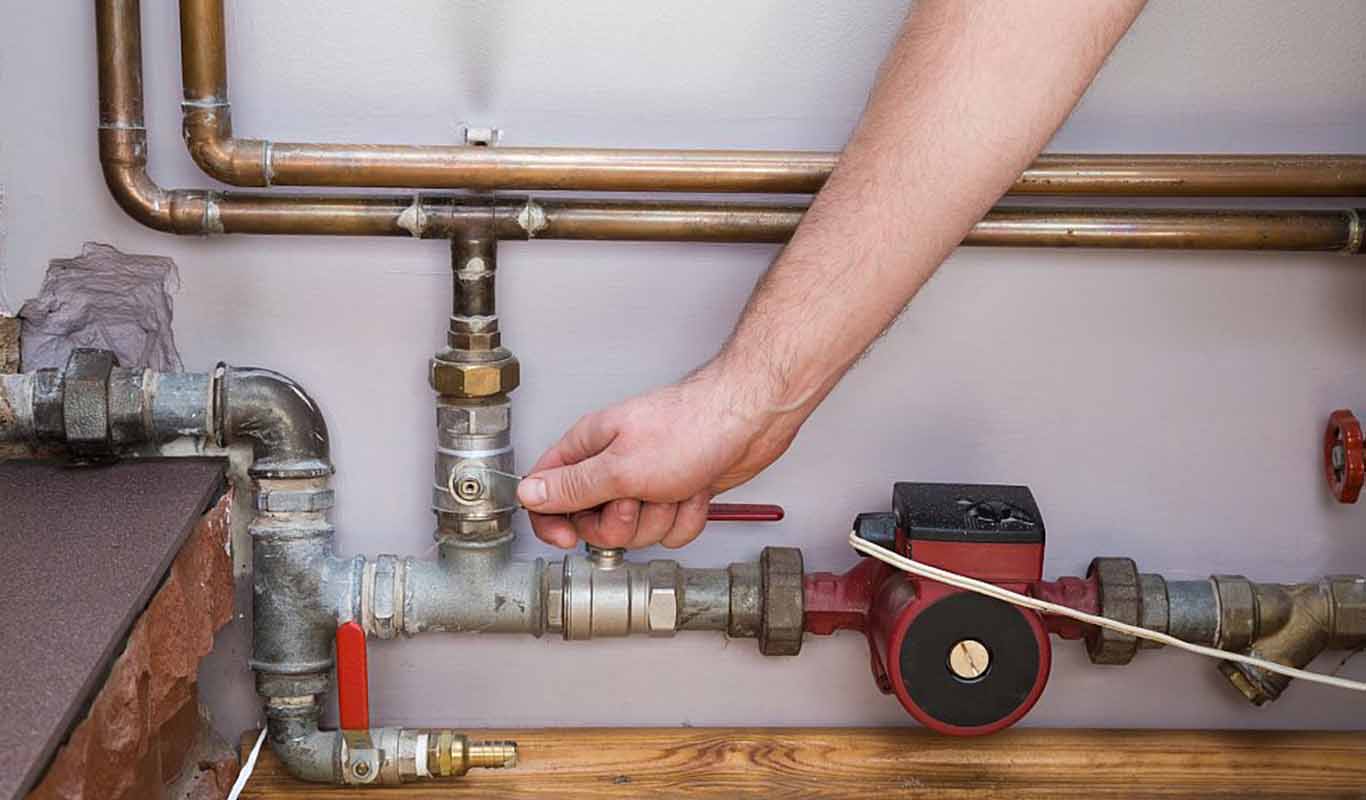

Heating & Cooling
Why Does My Central Heating Pump Keep Running
Modified: February 18, 2024
Discover the reasons why your central heating pump keeps running and how to troubleshoot the issue. Get expert tips on heating and cooling maintenance.
(Many of the links in this article redirect to a specific reviewed product. Your purchase of these products through affiliate links helps to generate commission for Storables.com, at no extra cost. Learn more)
Introduction
Your central heating pump is a crucial component of your home's heating system, responsible for circulating hot water from the boiler to the radiators and back again. When the pump keeps running continuously, it can be a cause for concern and may indicate an underlying issue within the system. Understanding the reasons behind this persistent operation is essential for maintaining the efficiency and functionality of your heating system.
In this article, we will delve into the common reasons why a central heating pump may continue running, potential issues that could be affecting its performance, and practical troubleshooting steps to address the problem. By gaining insight into the functioning of the central heating pump and learning how to identify and resolve issues, you can ensure that your heating system operates optimally, providing comfort and warmth for your home.
Key Takeaways:
- Your central heating pump may keep running due to thermostat issues, airlocks, or blocked valves. Regular maintenance and system optimization can help resolve these issues and ensure efficient heating.
- Continuous pump operation can indicate underlying heating system problems like boiler malfunctions or inefficient heat distribution. Proactive troubleshooting and professional assistance can optimize system performance for a cozy home.
Read more: Why Does My Central Heating Smell
Understanding the central heating pump
The central heating pump plays a pivotal role in the operation of a typical hydronic heating system. It is responsible for circulating hot water from the boiler to the radiators, convectors, or underfloor heating pipes, ensuring that heat is evenly distributed throughout the home. This circulation process is essential for maintaining a comfortable and consistent indoor temperature.
The pump itself is usually located near the boiler and is powered by electricity. It contains an impeller, which spins rapidly when the pump is operational, creating the necessary pressure to move the hot water through the system. Additionally, the pump includes inlet and outlet ports through which the water flows, as well as controls to regulate its speed and performance.
In a standard heating setup, the central heating pump is activated when the thermostat detects a drop in room temperature, signaling the need for heat. Once activated, the pump begins to circulate the hot water, which absorbs the heat from the boiler, through the network of pipes and into the radiators or other heat emitters. As the water releases its heat energy, it returns to the boiler to be reheated and the cycle continues.
It's important to note that the central heating pump operates independently from the boiler, and its continuous running is not directly related to the boiler's on/off cycle. Instead, the pump's activity is determined by the heating demands detected by the thermostat and the overall design of the heating system.
Understanding the central heating pump's function and its integration within the broader heating system is crucial for identifying potential issues that may cause it to run continuously. By gaining insight into its role and operation, homeowners can better comprehend the factors that contribute to the pump's persistent activity and effectively address any related concerns.
Common reasons for a central heating pump to keep running
-
Thermostat Malfunction: A faulty thermostat can inaccurately detect the room temperature, leading to a continuous demand for heat. This constant signal to the central heating pump can cause it to run persistently, even when the desired temperature has been reached. Checking and calibrating the thermostat can help rectify this issue.
-
Airlock in the System: Airlocks, which occur when pockets of air become trapped within the heating system, can impede the flow of water and disrupt the pump's operation. When the pump detects reduced water flow due to airlocks, it may continue running in an attempt to overcome the obstruction. Bleeding the radiators and ensuring proper system priming can alleviate airlock-related issues.
-
Blocked or Closed Valves: If radiator valves or other flow control mechanisms in the heating system are obstructed or closed, the pump may struggle to circulate water effectively. In response, the pump may persist in its efforts to maintain water flow, leading to continuous operation. Inspecting and clearing any blockages in the valves can help restore proper pump function.
-
Incorrect Pump Speed Setting: In some cases, the central heating pump's speed setting may be improperly configured, causing it to operate at a higher speed than necessary. This can result in excessive water circulation, prompting the pump to run continuously. Adjusting the pump speed to align with the system's requirements can resolve this issue.
-
System Design and Sizing: Inadequate system design or sizing, such as undersized pipes or an insufficient number of radiators, can place excessive demand on the central heating pump. This can lead to prolonged operation as the pump endeavors to compensate for the system's limitations. Consulting with a heating professional to assess and optimize the system's design can mitigate this issue.
-
Faulty Pump Control: A malfunctioning pump control, such as a stuck relay or a defective pump overrun timer, can cause the central heating pump to remain active beyond the necessary heating cycle. Addressing and repairing any issues with the pump's control components can prevent unnecessary and continuous pump operation.
Understanding these common reasons for a central heating pump to keep running is essential for homeowners seeking to troubleshoot and resolve such issues effectively. By identifying the underlying causes and implementing targeted solutions, individuals can ensure the optimal performance and efficiency of their heating systems.
Potential issues with the central heating system
The continuous operation of the central heating pump can be indicative of underlying issues within the broader heating system. Understanding these potential issues is crucial for homeowners aiming to address the root causes of the pump's persistent activity and ensure the overall functionality of their heating systems.
-
Boiler Malfunction: A malfunctioning boiler can directly impact the operation of the central heating pump. If the boiler fails to heat the water adequately or experiences irregular cycling, the pump may compensate by running continuously in an attempt to maintain the desired temperature within the system. Common boiler issues, such as faulty thermostats, airlocks, or pump-related malfunctions, can contribute to prolonged pump activity.
-
System Imbalance: Imbalances within the heating system, such as uneven water distribution or differential pressure across radiators, can lead to the central heating pump working overtime to compensate for these discrepancies. This can result from factors such as improper system design, inadequate pipe sizing, or the presence of obstructions within the piping network. Addressing system imbalances is essential for optimizing the pump's operation and overall system efficiency.
-
Pump Wear and Tear: Over time, the central heating pump may experience wear and tear, leading to reduced performance and increased energy consumption. Wear on the impeller, motor, or bearings can hinder the pump's ability to circulate water effectively, prompting prolonged operation as it struggles to maintain the desired flow. Regular maintenance and timely replacement of worn components can mitigate this issue.
-
Inefficient Heat Distribution: Inefficient heat distribution within the home, often resulting from factors such as poorly insulated spaces, air leaks, or inadequate radiator sizing, can cause the central heating pump to operate continuously in an effort to compensate for heat loss. Improving insulation, addressing air leaks, and optimizing radiator placement can enhance heat distribution and alleviate the strain on the pump.
-
Electrical and Control System Faults: Electrical faults, such as wiring issues, sensor malfunctions, or control system failures, can disrupt the communication between the thermostat, boiler, and central heating pump. These faults can lead to erroneous heating signals, irregular pump control, and prolonged operation, necessitating thorough inspection and potential repairs to the electrical and control components.
By recognizing these potential issues within the central heating system, homeowners can take proactive measures to diagnose, address, and resolve the root causes of the central heating pump's continuous operation. Through targeted maintenance, system optimization, and professional assistance, individuals can ensure the efficient and reliable performance of their heating systems.
Troubleshooting and solutions
When faced with a central heating pump that keeps running, homeowners can employ various troubleshooting techniques and implement practical solutions to address the underlying issues. By systematically identifying and resolving the root causes of the continuous pump operation, individuals can restore the optimal functionality and efficiency of their heating systems.
Read more: Why Does My Hot Tub Keep Running
Thermostat Calibration and Replacement
Begin the troubleshooting process by checking the thermostat for accuracy and proper calibration. Ensure that it is not positioned near heat sources or exposed to drafts, as this can lead to erroneous temperature readings. If the thermostat is found to be malfunctioning or outdated, consider replacing it with a modern, programmable model that offers precise temperature control and scheduling capabilities.
Bleeding Radiators and Priming the System
To alleviate potential airlock-related issues, bleed the radiators throughout the home to release trapped air and restore proper water circulation. Additionally, prime the heating system to ensure that all air is purged from the pipes and components, allowing the central heating pump to operate efficiently without encountering airlock obstructions.
Valve Inspection and Clearing
Inspect all radiator valves and flow control mechanisms within the heating system to ensure that they are not obstructed or closed. Clear any blockages or debris that may impede water flow, thereby enabling the central heating pump to circulate water effectively and reducing the need for continuous operation.
Pump Speed Adjustment
Adjust the central heating pump's speed setting to align with the system's requirements. By optimizing the pump's speed, homeowners can ensure that water circulation matches the heating demands, preventing excessive operation and conserving energy.
Read more: Why Does My Laptop Fan Keep Running
System Evaluation and Optimization
Engage a heating professional to evaluate the overall design and sizing of the heating system. Address any inadequacies in system design, such as undersized pipes or insufficient heat emitters, to reduce the strain on the central heating pump and promote balanced water circulation.
Pump Control Component Inspection and Repair
Thoroughly inspect the pump control components, including relays, timers, and associated wiring, to identify and address any malfunctions. Repair or replace faulty control elements to restore proper pump operation and prevent unnecessary continuous running.
By systematically implementing these troubleshooting steps and solutions, homeowners can effectively address the root causes of a central heating pump that keeps running. Through proactive maintenance, targeted adjustments, and professional assistance where necessary, individuals can ensure the reliable and efficient performance of their heating systems, promoting comfort and energy savings within their homes.
Conclusion
In conclusion, the continuous operation of a central heating pump can stem from various underlying issues within the heating system, ranging from thermostat malfunctions and airlocks to system imbalances and inefficient heat distribution. Understanding the common reasons for a central heating pump to keep running is essential for homeowners seeking to maintain the optimal functionality and efficiency of their heating systems.
By recognizing the potential issues associated with prolonged pump activity, individuals can take proactive measures to diagnose, address, and resolve these concerns. From thermostat calibration and bleeding radiators to valve inspection and pump speed adjustment, a systematic approach to troubleshooting can effectively mitigate the root causes of continuous pump operation.
Furthermore, addressing potential issues within the broader heating system, such as boiler malfunctions, system imbalances, and inefficient heat distribution, is crucial for optimizing the central heating pump's performance and overall system efficiency. Through targeted maintenance, system optimization, and professional assistance, homeowners can ensure the reliable and efficient operation of their heating systems, promoting comfort and energy savings within their homes.
It is important to emphasize the significance of regular maintenance and proactive system evaluation in preventing and addressing issues related to the central heating pump. By staying attentive to the functioning of the heating system and promptly addressing any irregularities, homeowners can sustain a comfortable and energy-efficient indoor environment while extending the longevity of their heating equipment.
In essence, the continuous operation of a central heating pump serves as a valuable indicator of potential issues within the heating system, prompting homeowners to take proactive measures to maintain the system's functionality and efficiency. By understanding the underlying causes, implementing targeted solutions, and seeking professional assistance when necessary, individuals can ensure that their heating systems operate optimally, providing reliable warmth and comfort for their homes.
Frequently Asked Questions about Why Does My Central Heating Pump Keep Running
Was this page helpful?
At Storables.com, we guarantee accurate and reliable information. Our content, validated by Expert Board Contributors, is crafted following stringent Editorial Policies. We're committed to providing you with well-researched, expert-backed insights for all your informational needs.
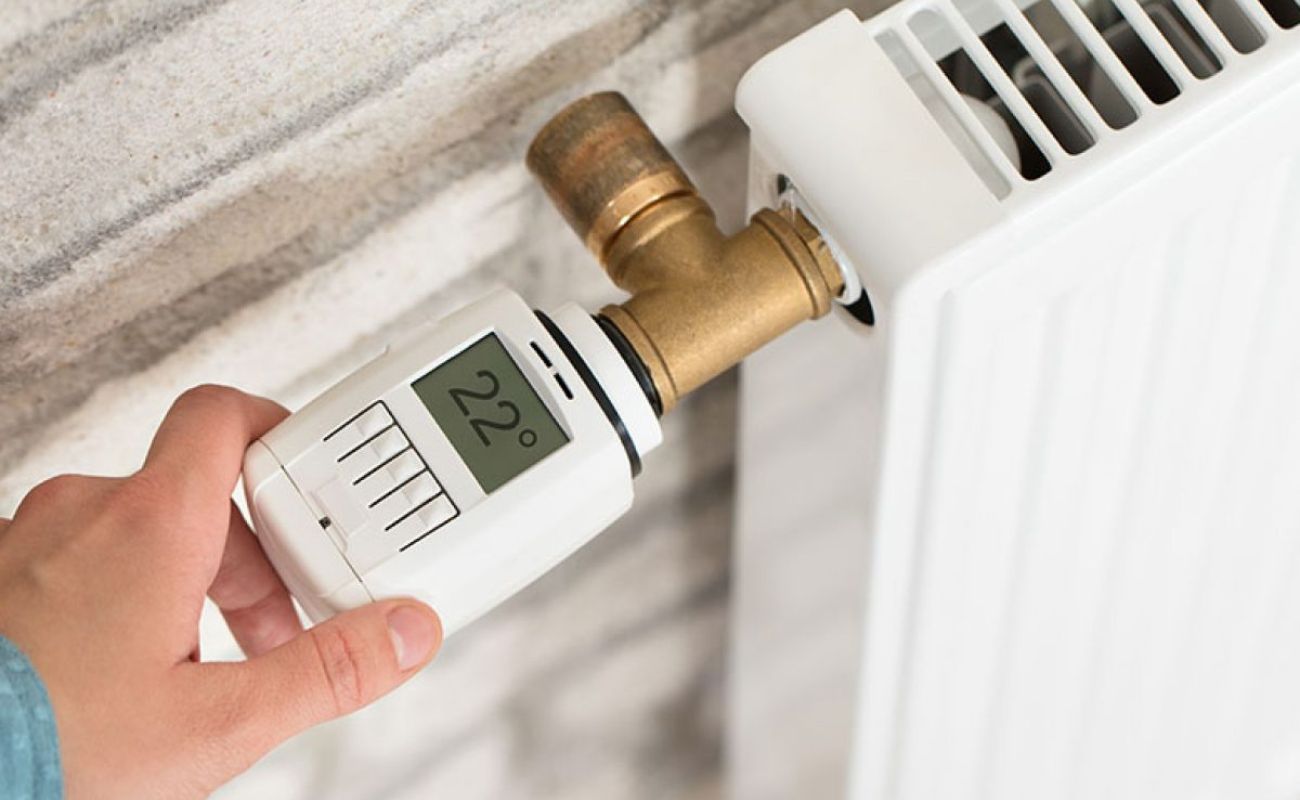
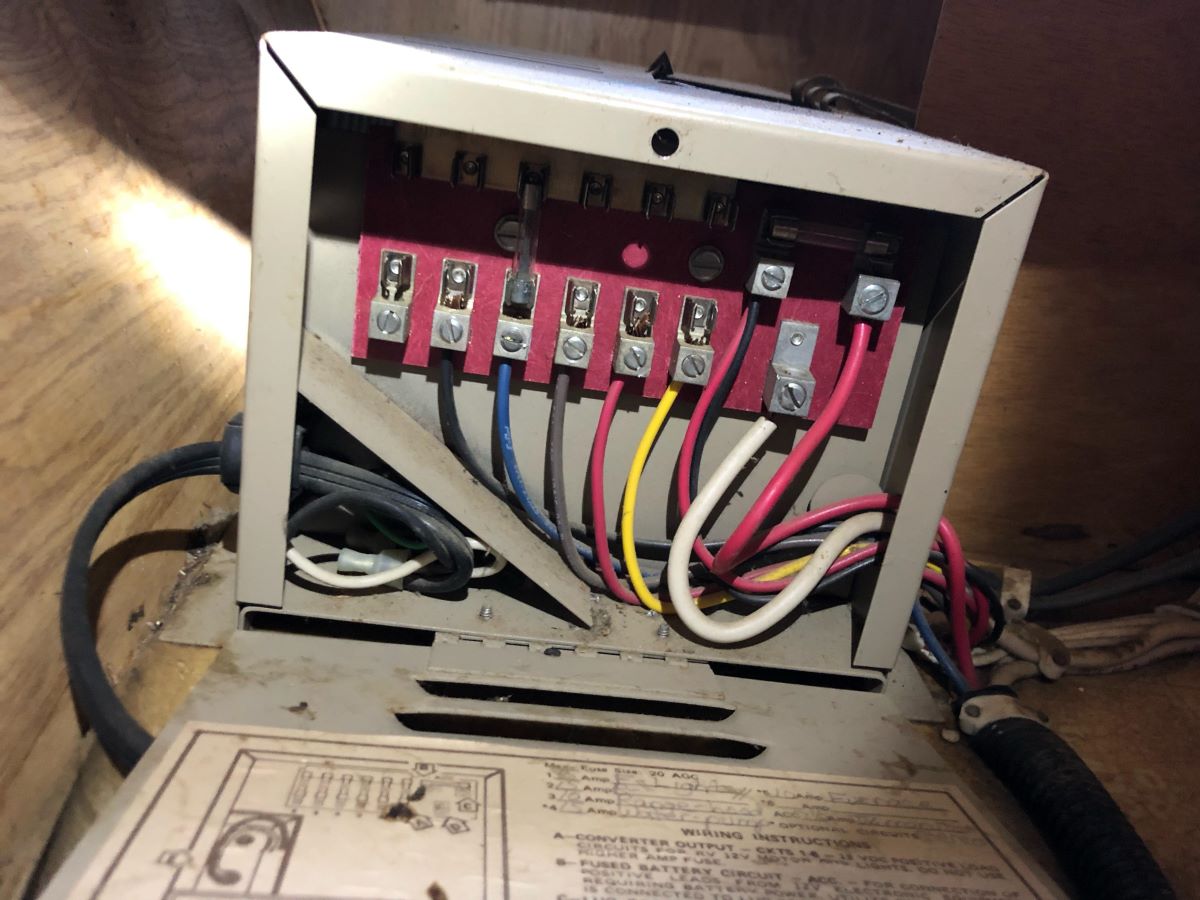
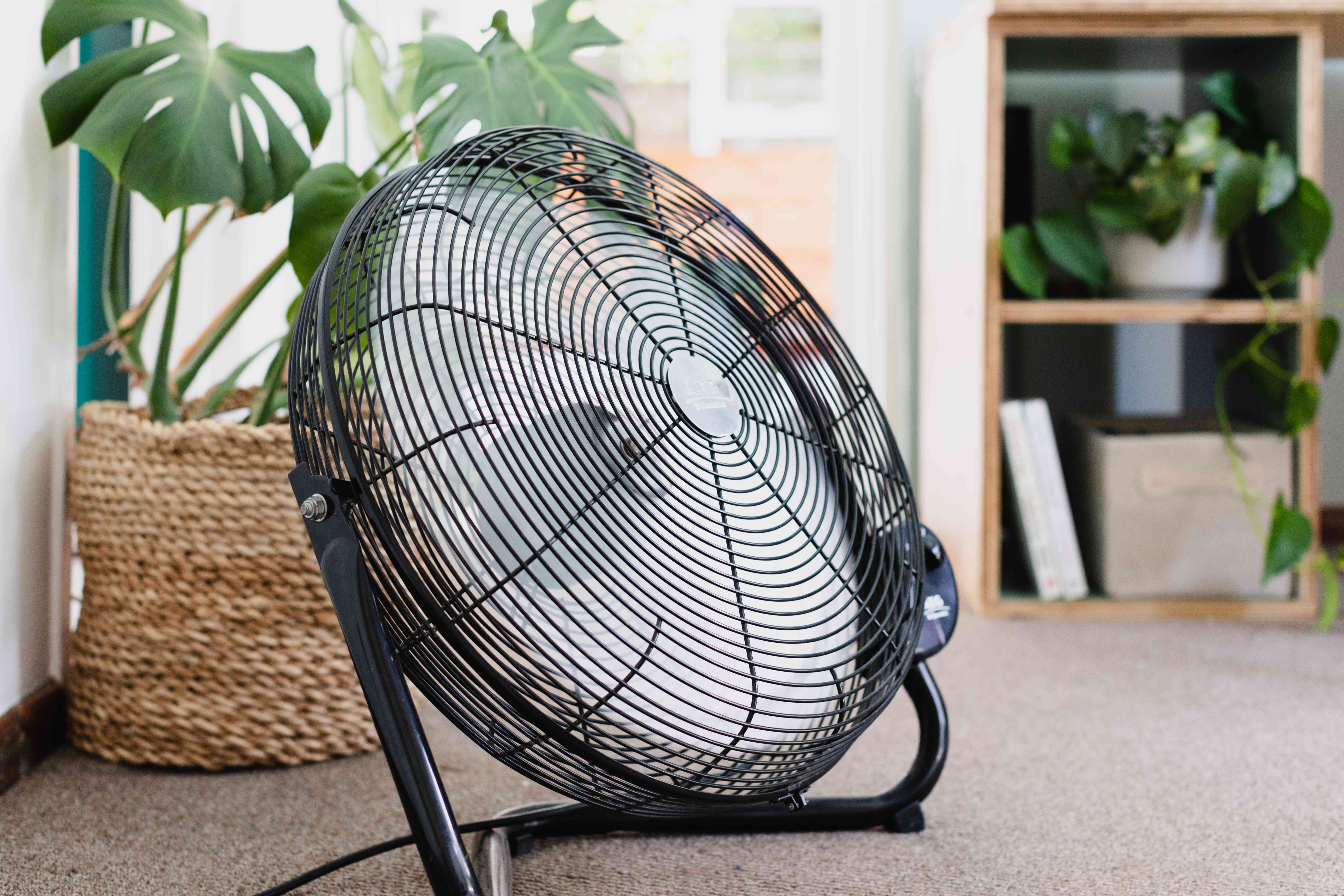
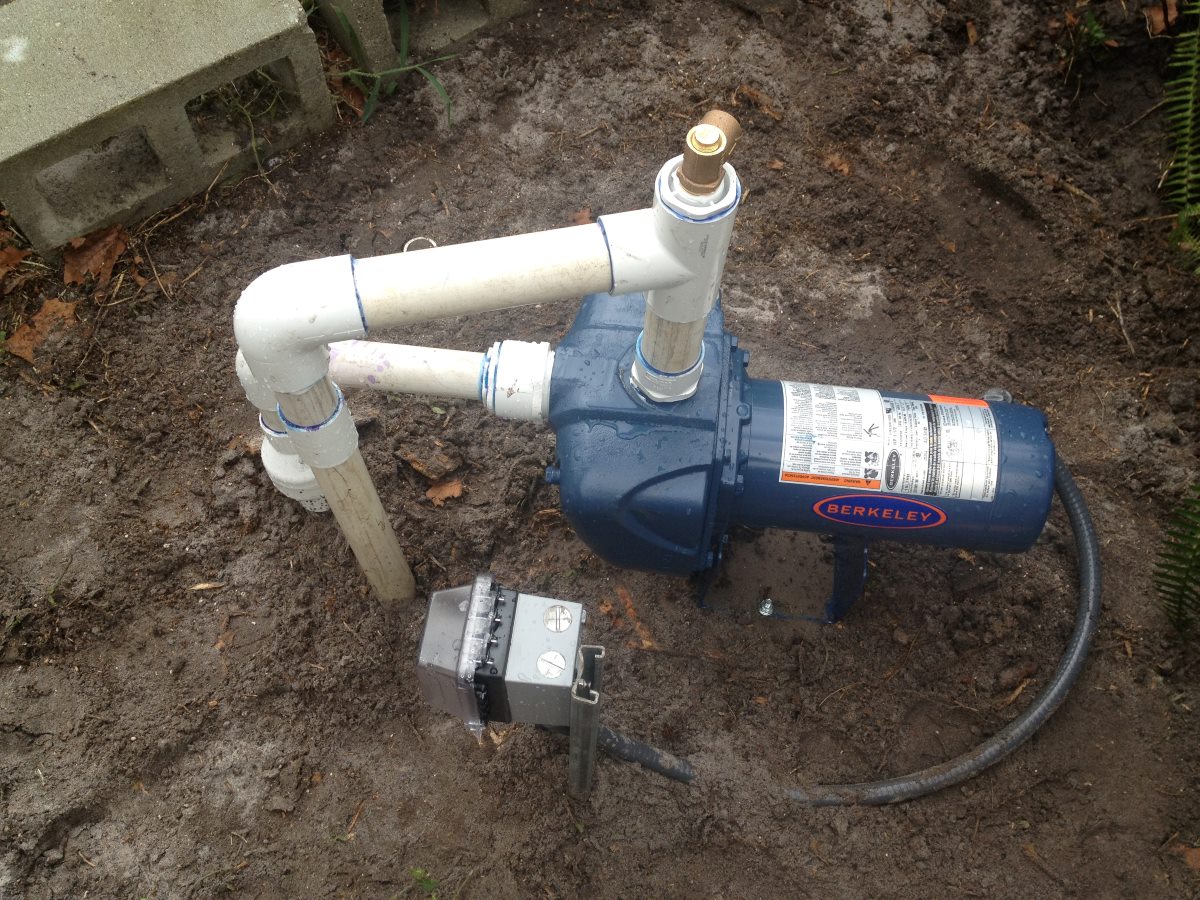
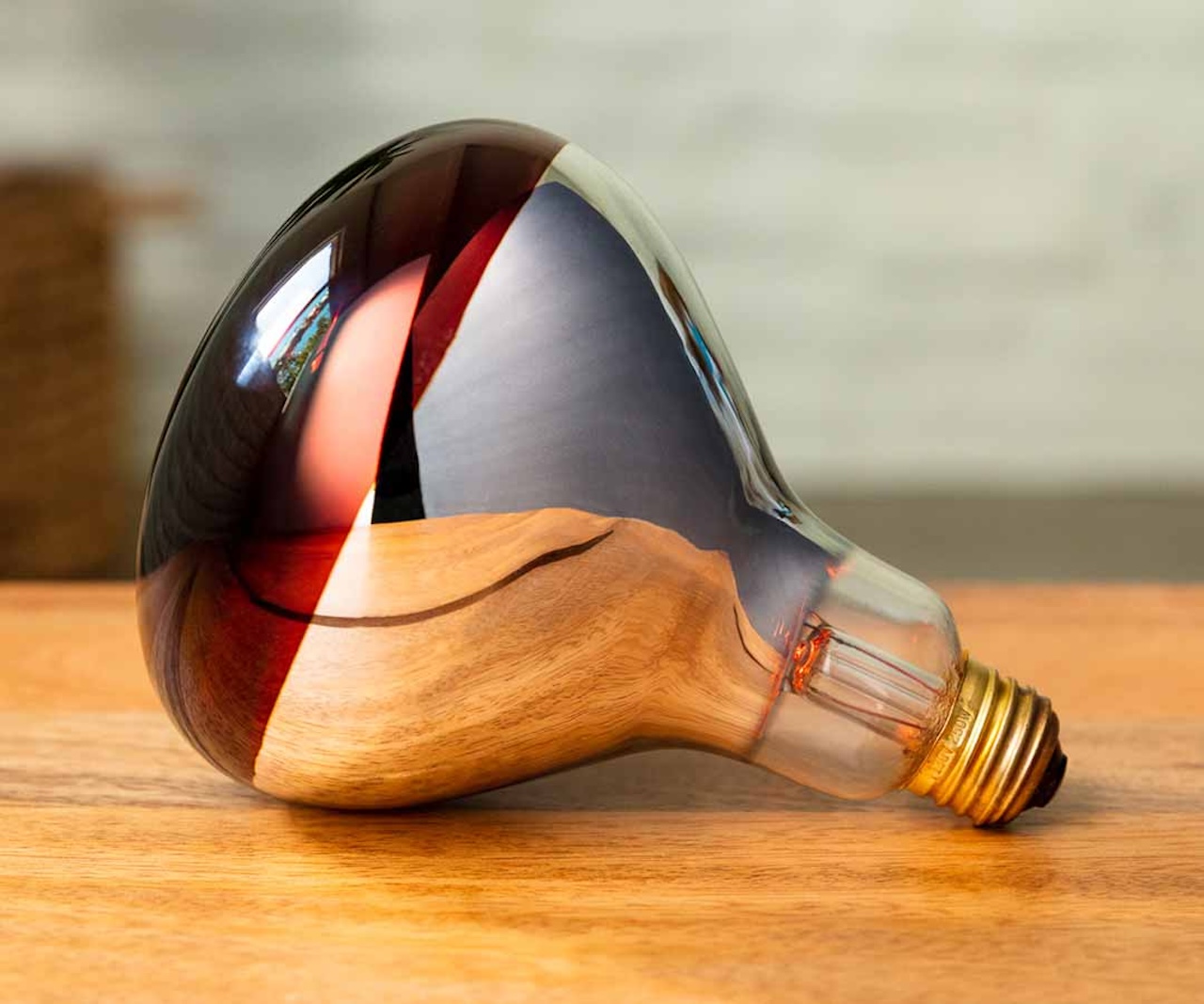
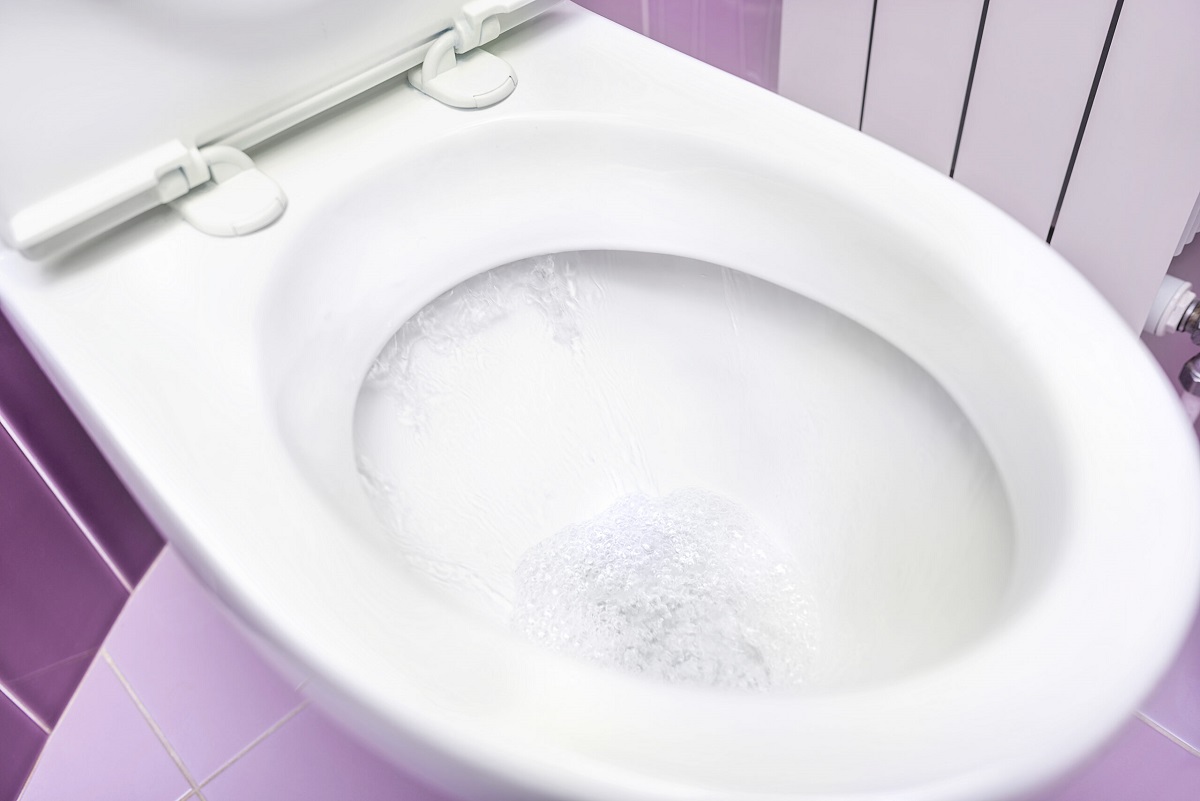
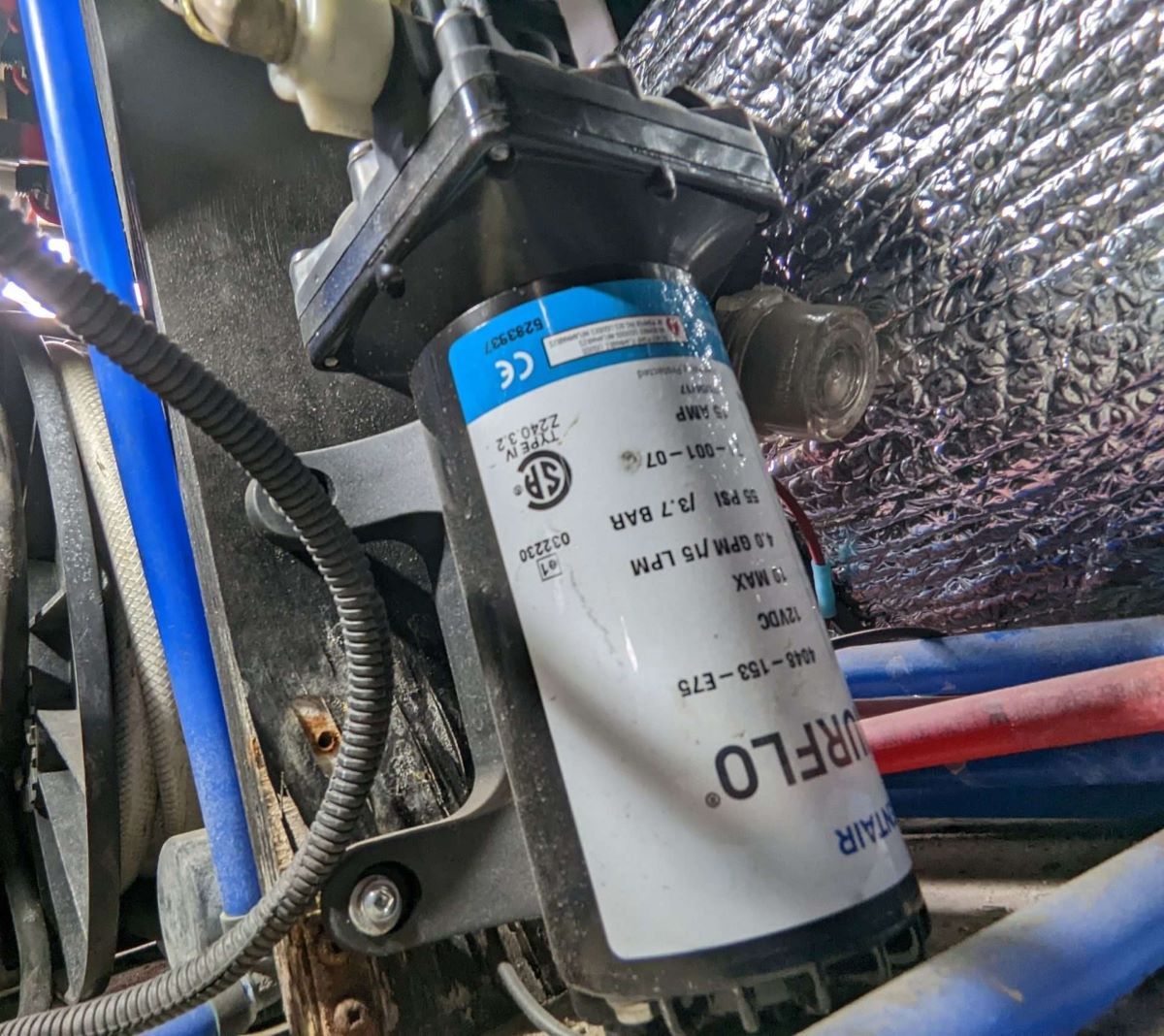
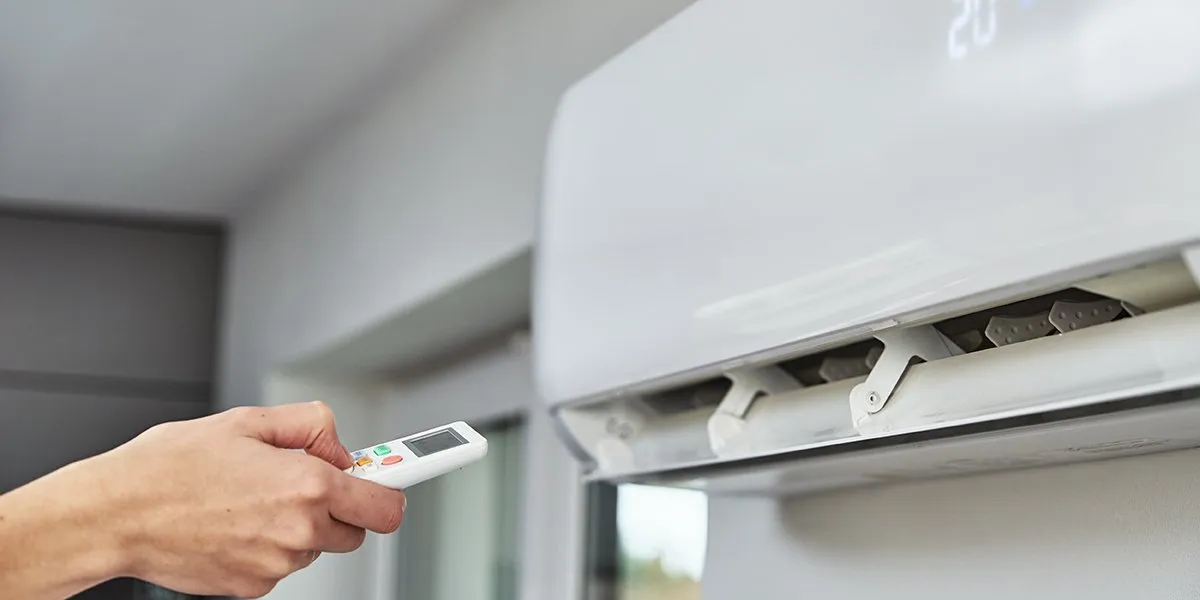
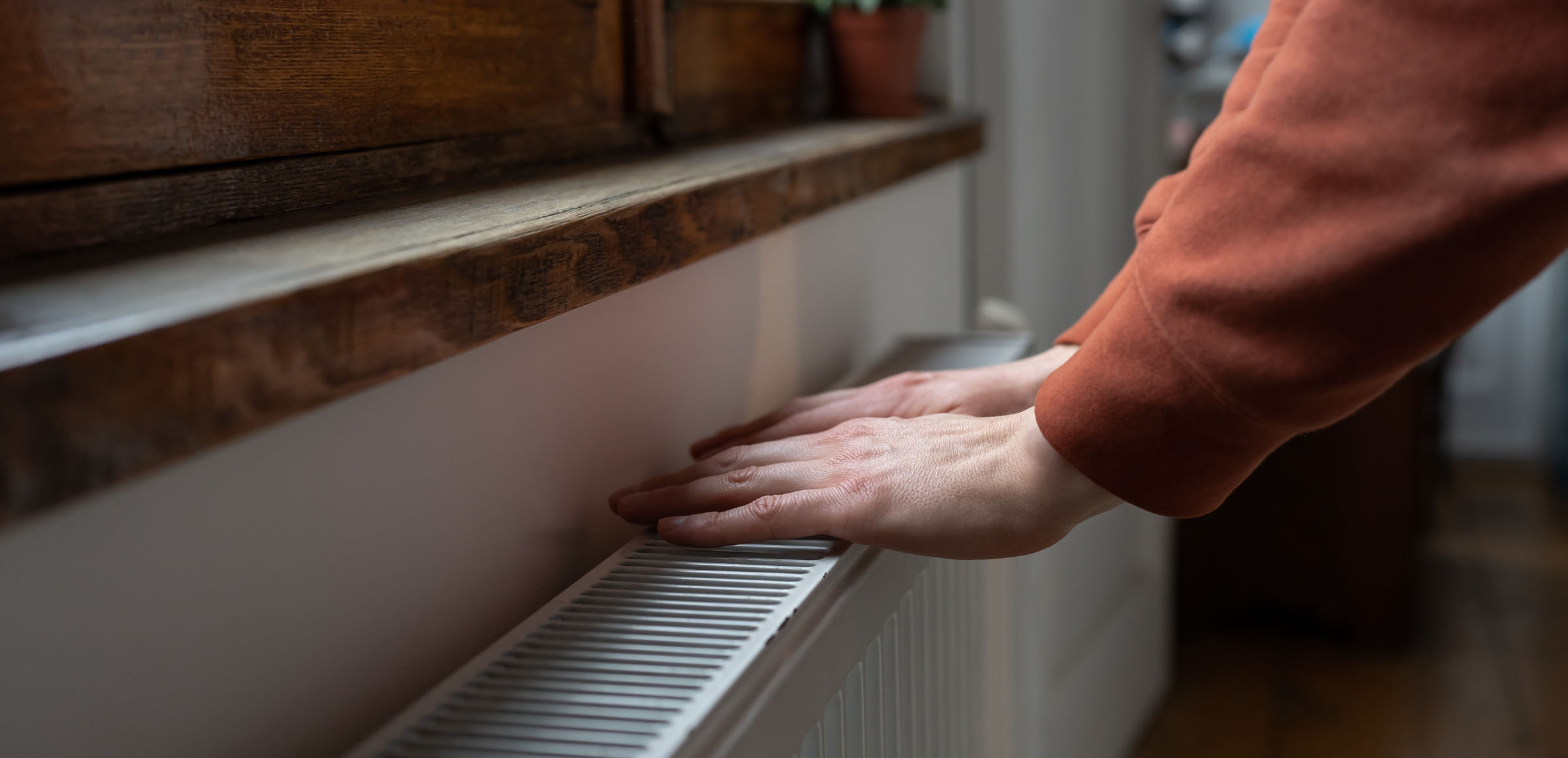
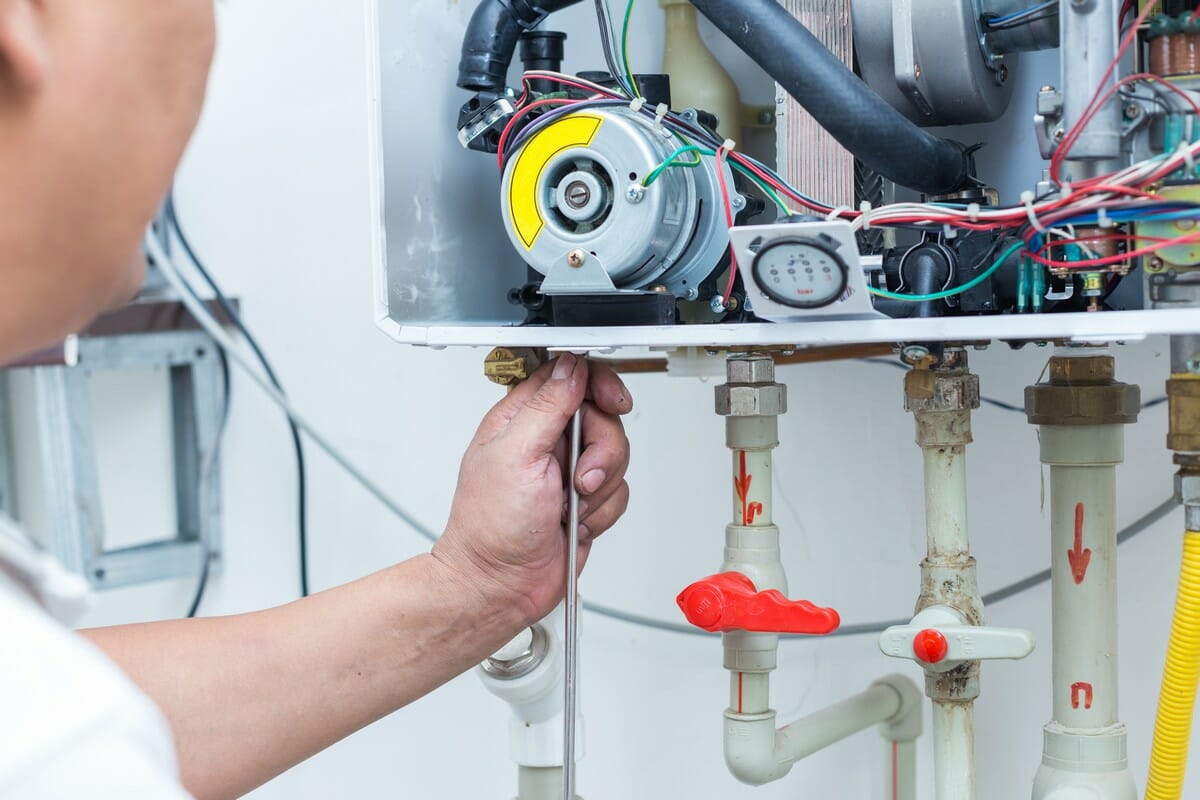
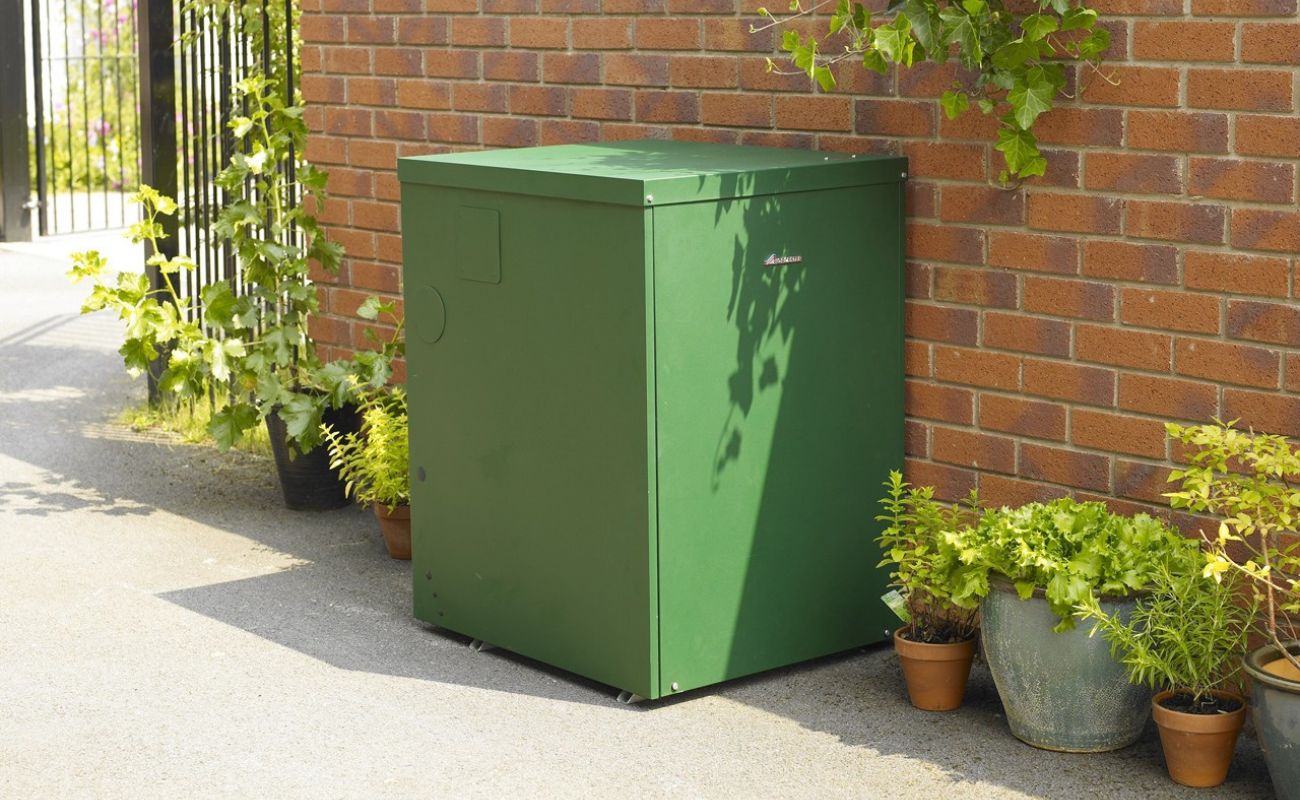
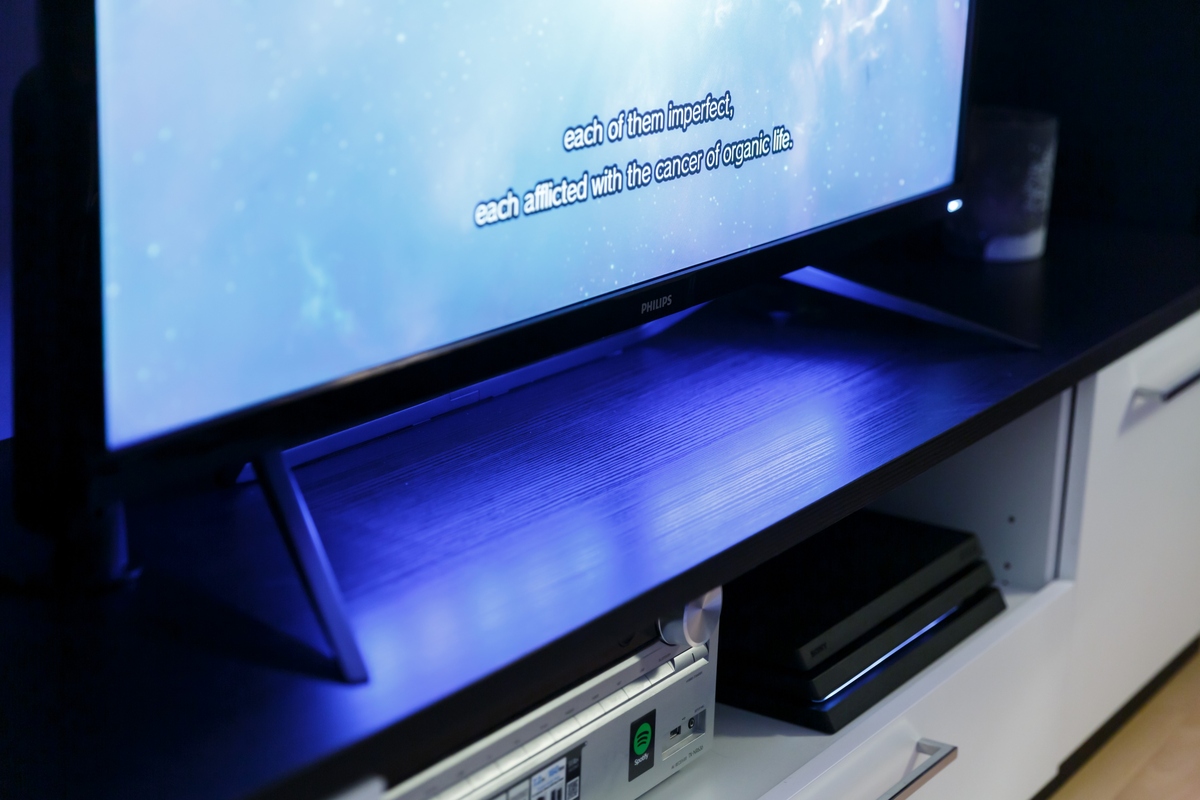
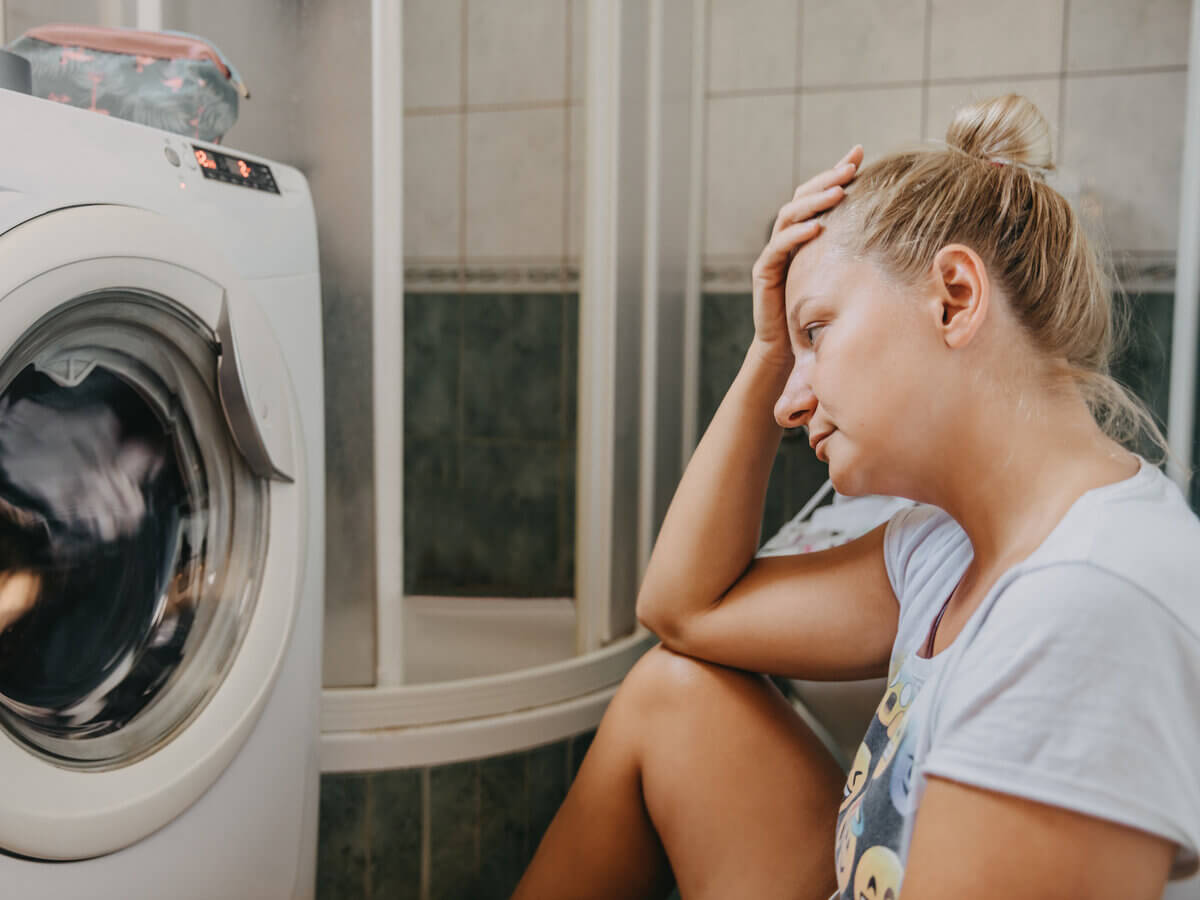

0 thoughts on “Why Does My Central Heating Pump Keep Running”